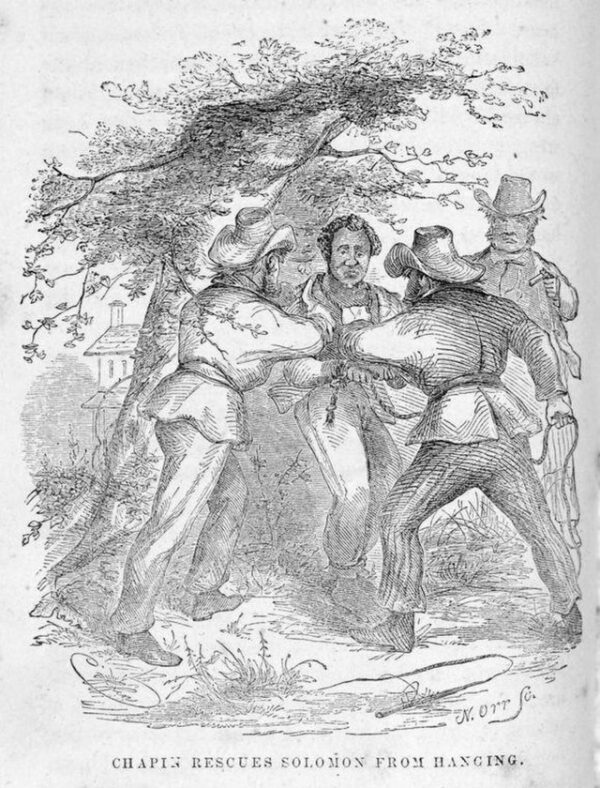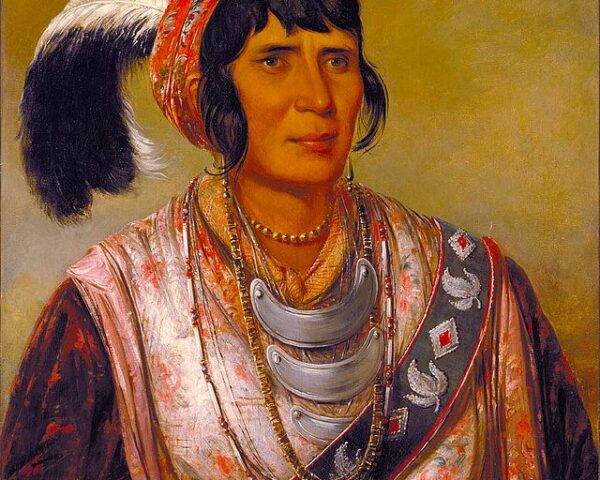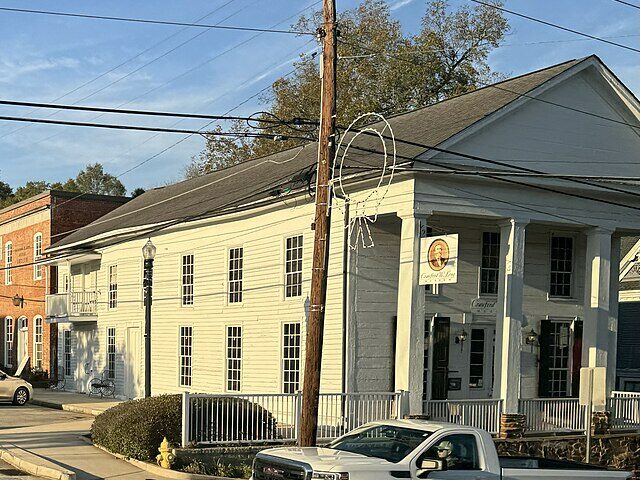In January 4, 1853, Solomon Northup finally breathed the sweet air of freedom again.
Northup was an African-American man born in July 1808 in Minerva, New York. Born a free man in a time when slavery was still legal in the United States, Northup grew up in a family where education was valued. His father, Mintus Northup, was a freed slave who had earned his own freedom by fulfilling his former master’s will. Solomon was raised in a relatively stable and supportive environment, which was quite rare for African-Americans during that period. He married Anne Hampton in 1829, with whom he had three children, and led a diverse career as a farmer, professional violinist, and carpenter.
In 1841, Northup’s life took a dramatic and tragic turn. While he was working as a musician, he was lured to Washington, D.C., by two men offering him a job in a circus with a lucrative salary. Unfortunately, this job offer was a ruse, and Northup was drugged, kidnapped, and sold into slavery. He was transported to New Orleans, where he was given the name “Platt” and forced to hide his literate past and his free status for fear of severe punishment or death.
For the next twelve years, Northup endured the brutal reality of slavery, working on plantations in Louisiana. He was owned by several masters, some cruel and inhumane, like Edwin Epps, and others who were more sympathetic, like William Ford. Throughout his enslavement, Northup suffered physical abuse, overwork, and the psychological torment of being separated from his family and stripped of his freedom. Despite the hardships, he never gave up hope of regaining his freedom and continued to look for ways to escape or contact friends in the North.
Northup’s chance for freedom finally came in 1852 when he met Samuel Bass, a Canadian carpenter who opposed slavery. Northup confided in Bass about his true identity and his kidnapping. Bass agreed to help by sending letters to Northup’s friends and family in New York. The letters eventually reached the right people, and with the help of Henry B. Northup, a white attorney and the son of Solomon’s father’s former master, legal proceedings began.
After gaining his freedom, Northup’s autobiography, “Twelve Years a Slave,” served as a poignant and detailed account of his life as a free black man in the antebellum North, his horrific kidnapping in Washington, D.C., and subsequent sale into slavery in the Deep South. Published in shortly after returning to New York, the pamphlet is a meticulous chronicle of Northup’s twelve-year bondage, providing a vivid and disturbing window into the daily life, labor, and resistance of enslaved people, which contributed to the abolitionist movement to end slavery in the United States.






